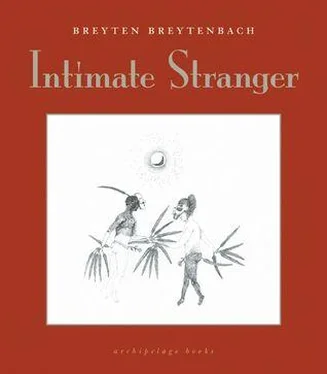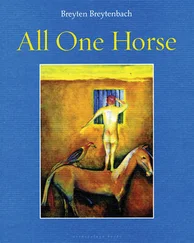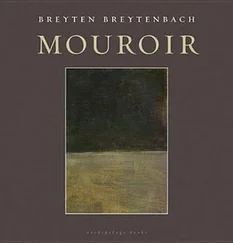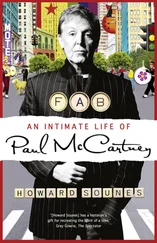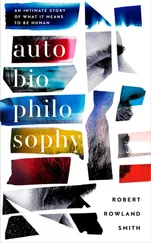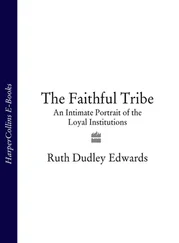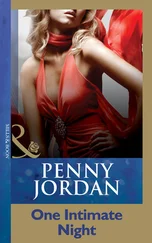So, my first answer is: poetry is for writing straight, skinning the words so that they may shine as primary manifestations. Or, as second first answer: poetry is for writing over because we have been crooked out of a close communication / communion with the world in us and the world outside us, and we have to cheat our way back to paradise.
3. You say you are a beginner. How lucky you are! You don’t say, but I take this to imply that you have already indulged in verse, or else you wouldn’t be asking me these questions.
I’ll let you in on the secret everybody knows: Writing poetry is one of the most general forms of crying and communication that we humans attempt! We all write poetry at some point. Why? I think it is because we instinctively reach out for more powerful and perhaps more sincere ways of trying to access the essential (at that moment) or the unsayable, through words that are more than mere concepts; this is when we use a sharpened awareness of sound and rhythm and texture and spacing, of silences and omissions. . In other words, we attempt to capture what is beyond or around the words and their meanings by chiming with the ‘non-verbal’ components of communication.
In Fugitive Pieces , Anne Michaels said: “I became obsessed by the palpable edge of sound. The moment when language at last surrenders to what it’s describing: the subtlest differentials of light or temperature or sorrow. I’m a Kabbalist only in that I believe in the power of incantation. A poem is as neural as love; the rut of rhythm that veers the mind. . This hunger for sound is almost as sharp as desire, as if one could honor every inch of flesh in words; and so, suspend time. A word is at home in desire. No station of the heart is more full of solitude than desire which keeps the world poised, poisoned with beauty, whose only permanence is loss.”
My attempted explanation, young lady, should be expanded: in the light of the above quote I further believe that we experience the need to merge or identify with primal movement in gestures and rituals shared by all of us since the very beginning of time. For, although creativeness breaks new ground, eroding or extending consciousness, it is also always recalling the underlying earth (ageless and timeless) of deep-sound, exorcism, incantation, the primeval gestures and movements outlining the ebb and flow of awareness. And although this may recall the original shared memory, essentially of our mortality, the manifestation will not only be ‘public’ but also, private and idiosyncratic.
Let me reiterate: Creativeness is both intensely individual (the lines of recognition and fashioning produced by one hand ) and profoundly universal. ‘Universal’ by using a means of expression (in this instance writing) and, to an extent, a field of references shared generally. But universal, as well, because the major themes according to which we live our lives have been common to the species since the first dim glimmer of consciousness: death (or non-being), the urge to go beyond and thus the need to project (imagination, creating utopias), the desire to suspend decomposition by remembering (and remembering is a forgetting hand), the paranoia which comes with the fall between understanding and not understanding, building the face of presentable survival and then ‘facing’ the mirror of the other. It would appear that we need this recognition and affirmation of our shared rhythms of birth, growth, love and loneliness, maturing, fall, death and decay. Following the lines of the known will liberate the hand; sometimes, decay comes before death and the hand will be devoured by the maggots of words.
From this unfinishing business of passing from thought to dust will flow, I think, ethics and social responsibility (but also the urge to destroy), the sense of family, the pursuit of power. Power is the abuse of pain in the forlorn hope of extinguishing it. Even if we only do so vicariously by entering writing through reading. The first act of poetry is always a read: deciphering the stars, observing stick-like people shuffling over a horizon of shifting mirages in Africa, plunging into the dark heart of love. . And as we move, so we repeat. You will have noticed how one keeps on unearthing the bone of a favorite poem — surely because we want to recreate the instant, that identification with the original moment of feeling, and not because of the information encapsulated. The dog of time would have gnawed white the bare meaning of words. You will also know by now that the open process or proposition of a poem is only completed once it has been taken possession of and integrated by the reader. Each poem is unique and never finished. And there are as many poems as there are moments of reading, as many moments awakening the puckered mind of beginning. You are the dog, the poem the bone.
We are all beginners at the ‘useless’ pastime of planting the sun and later digging up the bone (which we will then venerate as an ancestral thigh), however long some of us may have been tilling the field pretending to put together the riddle of memory through the artifacts we found. Stanley Kunitz talks about the endlessness of beginning in a poem called “The Round,” and he’s now ninety-six years old and lately the poet laureate of his country. It just never stops. Also, it doesn’t get any better than this.
Of course, to be a beginner is neither simple nor easy. I’m saying it is important to approach the act (or the suspension) of writing poetry as if for the first time, with awe and wonder, experiencing the words as familiar foreigners in the house: it is about time to get to know them better before they rob or rape you. (Or if you permit them to do so, at least have some pleasure in return.) Partly because no poem is ever a final cure or even curse — it is but ‘marking’ time.
Neste papel
pode teu sal
virar cinza;
(“On this paper / your salt could / turn to ashes;”)
João Cabral de Melo Neto in Psychology of Composition
Every beginner ought to be given, as you have surely received, the tools of the craft. Or else one must beg, borrow or steal them. (Better still to fashion one’s own. .) If you ask what poetry is ‘about,’ it means that you have already started learning alliteration and assonance and allegory (being ‘other-speak,’ as it means in Greek). You will perhaps have become familiar with the female or feline or ferocious forms of ballads and ballades and blank verse and the blues, of cantos and chants and concrete poems, of eclogues and elegies and epics and epigrams. In due course, as you go along, you will find your feet: the iambs and the trochees and the dactyls and the anapests and the spondees. You will move through found poems, free verse, odes and rengas and villanelles and pantoums and rap, ghazals and haikus and limericks and lyrics and madrigals — by means of metaphor (the ‘vehicle of transport’) and image and line and strophe and quatrain and stanza and rhythm and rhyme (ah, of many positions and several genders, even terza rima if that’s your perversion). You may end up as a dark well reflecting the stars in sonnets and sestinas. . Don’t be trampled by horses at the watering trough! Death starts at the feet.
Please don’t take my fumbled mumbling for gospel and don’t be put off by my oblique approach: as a beginner I too am only now starting to understand why I set out on this journey.
4. What is poetry, you ask? Put differently — what are its ambitions? No, we may not know once and for all what it is , but we can trace some of its characteristics in the movements. For it is of the essence of poetry to do , not just to be . True enough, it may well be in the nature of any language to be , fixing our approximations of meaning and serving as communication, but there too it must perpetually become in order to raise our desires — to allude, slide away, open spaces by looking for ambivalence and cracks, and thereby engender the images which will arise from these.
Читать дальше
